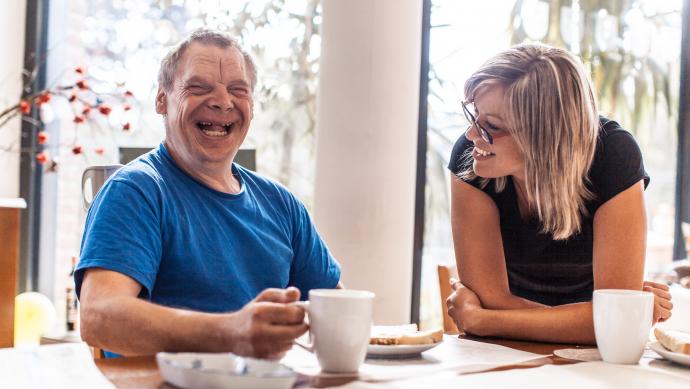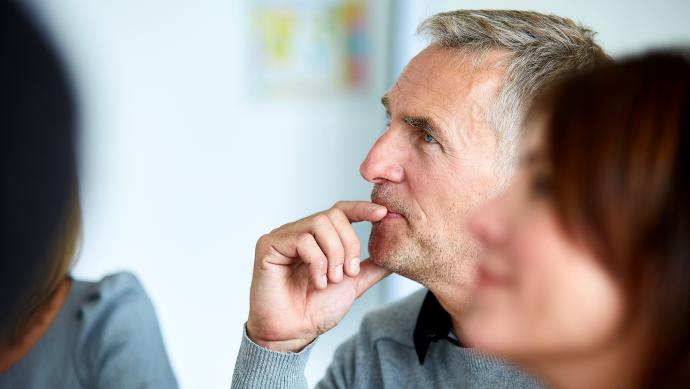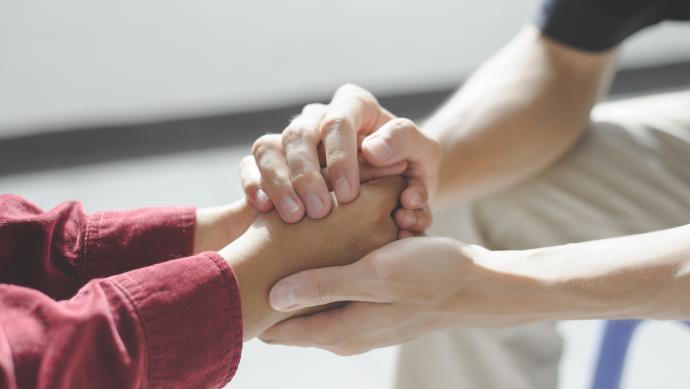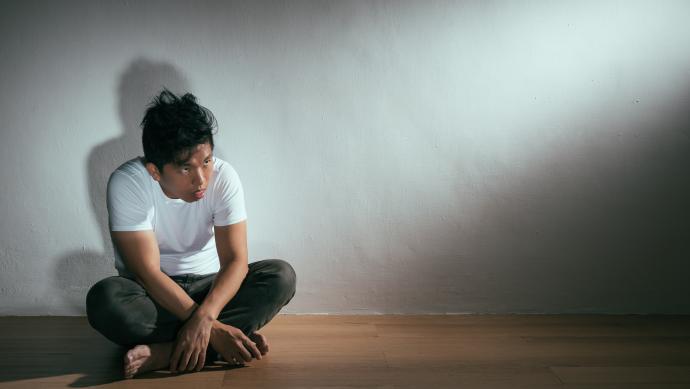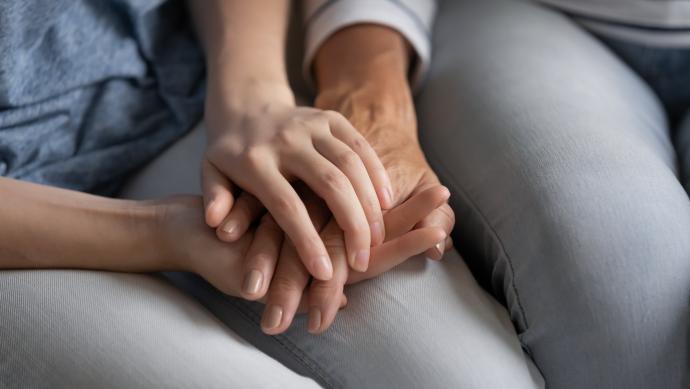The 13th European Congress of Mental Health in Intellectual Disability (EAMHID) was held in Berlin, Germany, September 23- 25, 2021. The central theme was 'From Science to Practice'. To kick off sharing the knowledge we have interviewed some of the keynote speakers. This is an interview with Daria Tarasova, psychology student, Freie Universität Berlin.
Research, intellectual disabilities, and mental health (or challenging behaviour). What comes to mind reading these key words?
I am new to research – and find it very inspiring to see all the passion and effort being shown by persons of various professions trying to understand mental health problems in persons with intellectual disabilities. Also, I have no doubt that this research area will grow as our society becomes more and more humane and fair.
What is the main research objective/theme/focus of the study you will be presenting? What are the main results from your study?
As a research assistant at the Königin Elisabeth Hospital Berlin, I was involved in Ms Fabian's project investigating the feasibility and appropriateness of improvisational theatre intervention in people with intellectual disabilities and mental health problems. Overall, we received quite positive feedback from the participants, with improvisation exercises being one of the most appealing methods we used.
How might outcomes of your (previous) studies affect daily practice in the support of persons with intellectual disabilities and mental health disorders and/or challenging behaviour? How can daily care improve their support based on your study/work?
It seems that there is not much evidence regarding the use of drama therapy for persons with intellectual disabilities. However, the approach appears to be promising and is quite well-received by patients. Hopefully, our project will help to create the groundwork for further research and for a wider use of drama therapy in practice. Not being a therapist myself, I cannot really comment on the affect on daily practice. However, it was a great experience. I greatly enjoyed participating in the group as well as collecting the patient´s feedback about the therapy sessions. I also believe that this feedback was quite valuable for validation and further development of the method.


